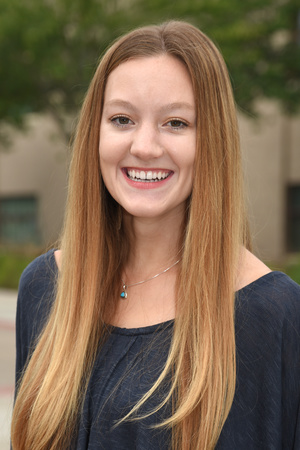Abstract:
Cross-coupling (XC) reactions have had a lasting impact on the way synthetic organic chemists approach bond construction. This is evident by the numerous industrial applications of XC methods and the 2010 Nobel prize awarded to Ei-ichi Negishi, Akira Suzuki, and Richard Heck. Palladium-catalyzed XC reactions have dominated the field and are now very well understood transformations. However, development of cross-electrophile coupling (XEC) reactions has moved slower than that of traditional XC reactions. XEC reactions offer attractive counterparts to traditional XC reactions as XEC reactions couple two electrophilic partners together, utilizing a widely accessible pool of halide and pseudohalide starting materials. Additionally, these transformations are commonly achieved using nickel catalysis, which offers practical advantages over the commonly used palladium catalysts. For example, nickel has a smaller carbon footprint associated with the mining of the metal making it a more sustainable alternative to precious metals such as palladium. Thus, the advancement of nickel-catalyzed XEC reactions will allow for the development of transformations that utilize readily accessible functional group motifs with sustainable base metal catalysis. Herein, the development of a nickel-catalyzed synthesis of cyclopropanes from 1,3-dimesylates, a nickel-catalyzed XEC dicarbofunctionalization, and a study on ligand-based control of nickel catalysts will be discussed.
Speaker:
Institution:
Location:

